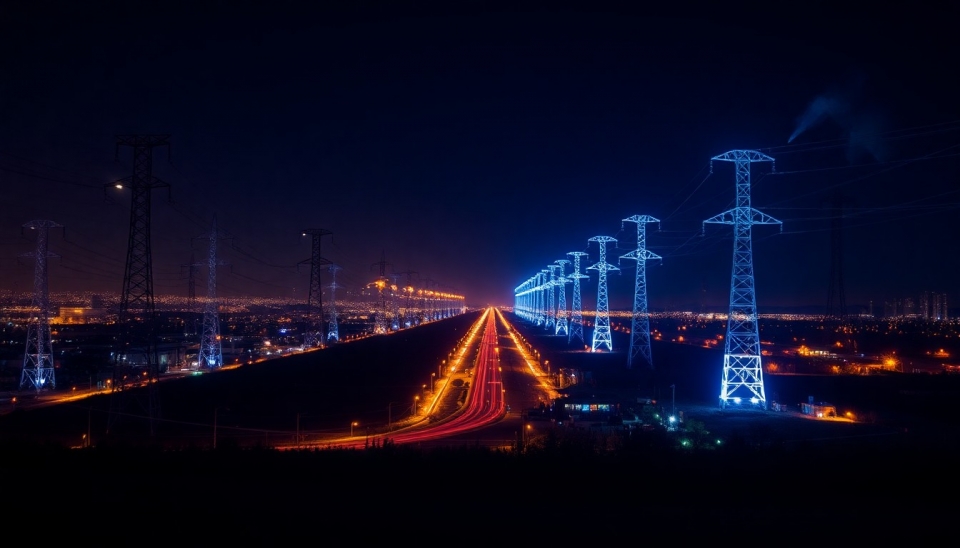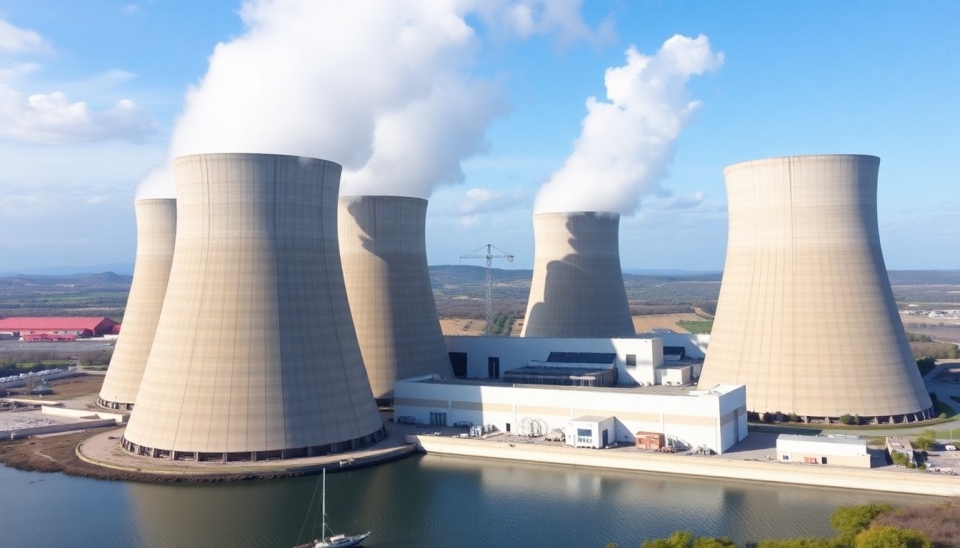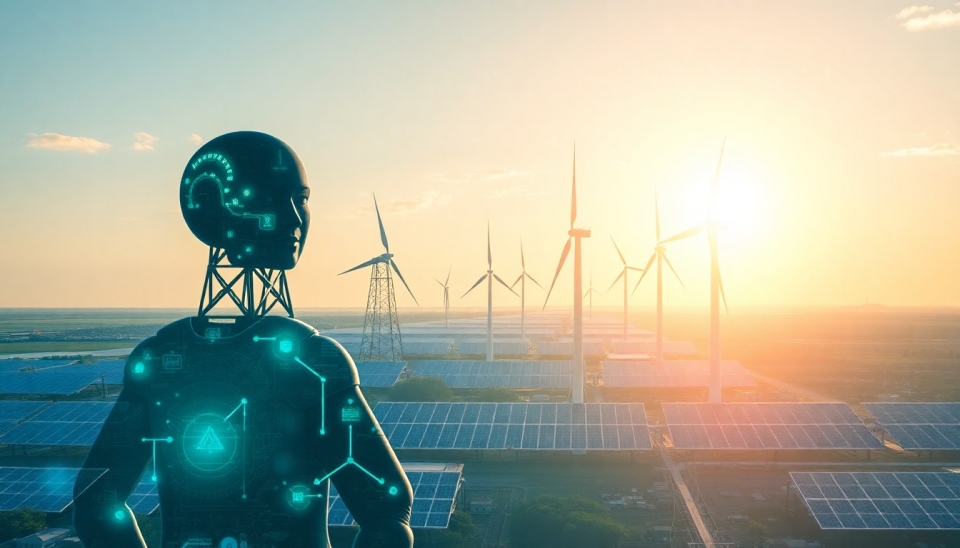
The rise of artificial intelligence is predicted to lead to a significant surge in power demand across the United States, with projections indicating an increase of up to 38% on the existing electric grid. This transformation is largely attributed to the integration of AI technologies in various sectors, which are expected to revolutionize how energy is consumed, managed, and optimized.
Industry experts suggest that the deployment of AI in smart grids will play a crucial role in meeting this soaring demand. As intelligent systems and devices become more prevalent, the efficiency of energy use and distribution is expected to improve, creating a ripple effect across industries. These advancements could significantly enhance resource management, reduce energy waste, and ultimately reshape national energy consumption patterns.
Electric vehicle adoption is a vital contributor to this trend, as AI technologies streamline operations and promote the widespread use of renewable energy sources. The report highlights that these vehicles not only require substantial energy inputs but also possess the capability to feed electricity back into the grid, further complicating the energy landscape. The convergence of AI and EV technology could result in smarter energy consumption cycles, benefiting both consumers and energy providers.
Alongside increased energy needs from emerging technologies, the economic implications are profound. The projected rise in power demand is expected to compel investments in infrastructure to accommodate these changes. This includes upgrading transmission networks and exploring advanced storage solutions to balance supply with peak demands effectively.
Furthermore, the potential for AI-driven efficiencies could contribute to lower energy costs in the long run. By optimizing resource allocation and predicting energy needs more accurately, the sector may be able to alleviate some financial burdens on consumers while preparing for future demands.
However, with growing demand comes the responsibility to expand and modernize the U.S. grid sustainably. Policymakers and energy companies are urged to prioritize the integration of green energy technologies, ensuring that the rising demand is met with sustainable solutions. This will not only drive economic growth but also address pressing climate concerns and the transitional shift to cleaner energy sources.
In conclusion, the intersection of artificial intelligence and an expanding energy landscape presents both challenges and opportunities. As the U.S. approaches this anticipated power boom, stakeholders across sectors must collaborate effectively to harness technology for a more efficient and sustainable energy future.
For those following developments in the energy sector, the implications of these trends will be critical to watch in the coming years. The future of energy consumption lies at the crossroads of innovation, sustainability, and collaboration.
#EnergyDemand #ArtificialIntelligence #SmartGrid #ElectricVehicles #SustainableEnergy #PowerBoom #GreenTech
Author: Liam Carter



